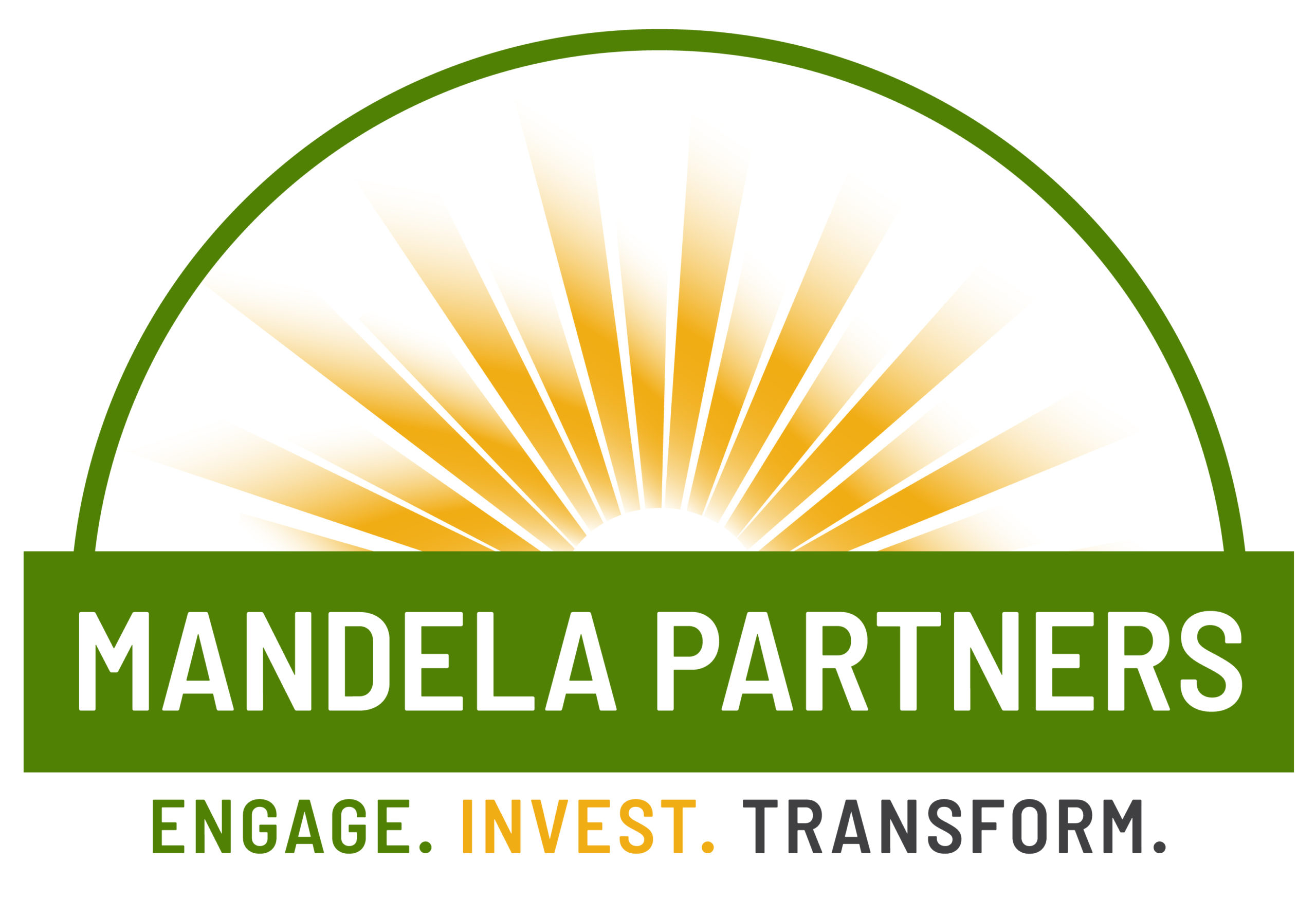How do community-based organizations identify the programs and services needed within a community?
This issue is always in play for Mandela Partners. Mandela Partners is a non-profit organization based in Oakland, California that works with local residents, family farmers, and community-based businesses to improve health, create wealth, and build assets through local food enterprises in low-income communities. This work includes The Mandela Entrepreneurs Program which provides business development services to help develop and grow community-based businesses.
To get community input to identify community needs, Mandela Partners meets with residents and local groups, holds workshops, and manages community advisory committees. In each setting, Mandela Partners provides a clear agenda and focus group format. Listening to its constituents is key to identifying needed programs.
For example, in an entrepreneur program workshop, participants highlighted the need for an online and social media presence. Mandela Partners worked with GoDaddy to arrange tutorials and ultimately integrated them into its workshop curriculum.
As another example, during a community advisory meeting, parents raised the need for healthy food choices for children in school. Mandela Partners now facilitates a program where parents operate produce stands at schools that are locally sourced from partner farmers.
Finally, setting performance benchmarks and surveying participants is a means by which the success of a program is evaluated.
According to Maureen Silva, Co-Executive Director of Mandela Partners, perhaps the most critical part of the process is due diligence. Before bringing a program into the community, the organization needs to identify:
- What is going on in the community,
- What programs already exist, and
- What problems/solutions have been raised before.
“The last thing you want to do is reinvent the wheel,” notes Silva.
Mandela Partners’ work shows us that community-based organizations need to listen to the needs of the communities they serve and that success of programs should be measured against benchmarks set by constituents’ input.
Mandela Partners is a nonprofit organization that works in partnership with local residents, family farmers, and community-based businesses to improve health, create wealth, and build assets through local food enterprises in limited-resource communities.


